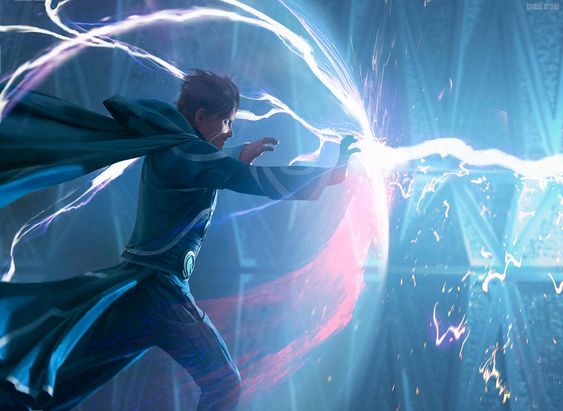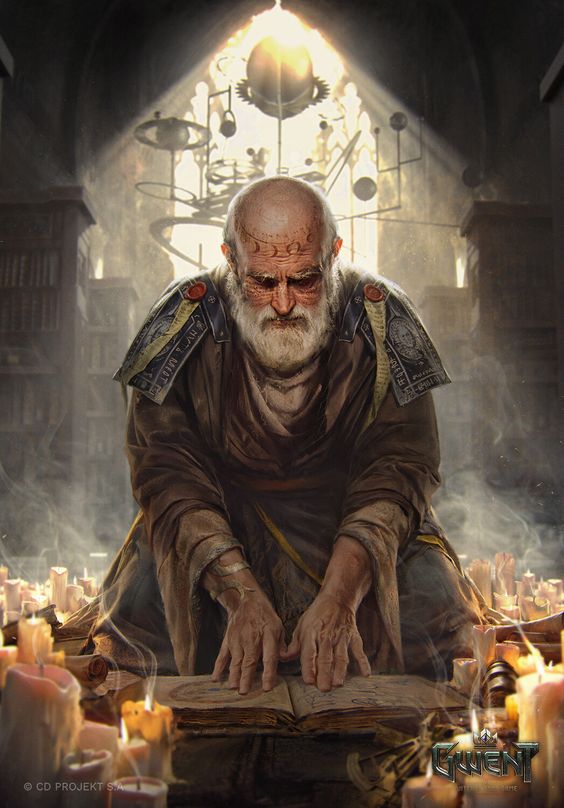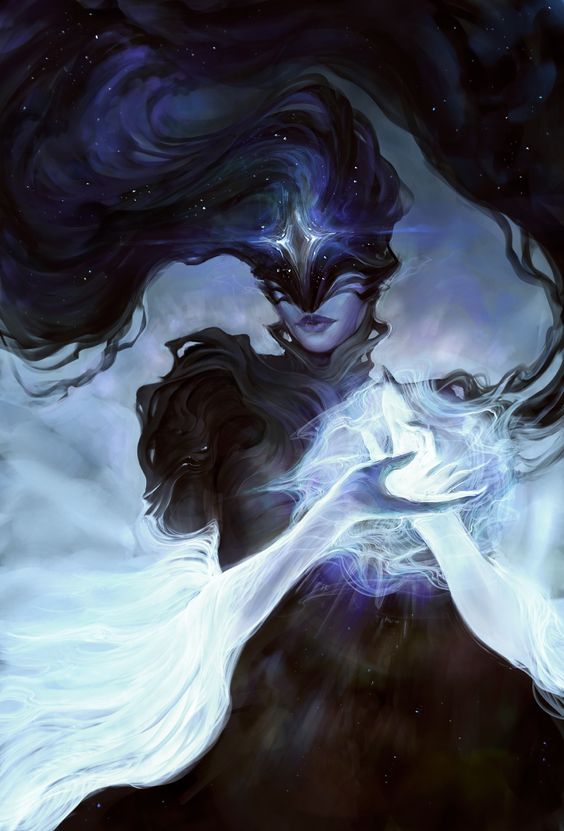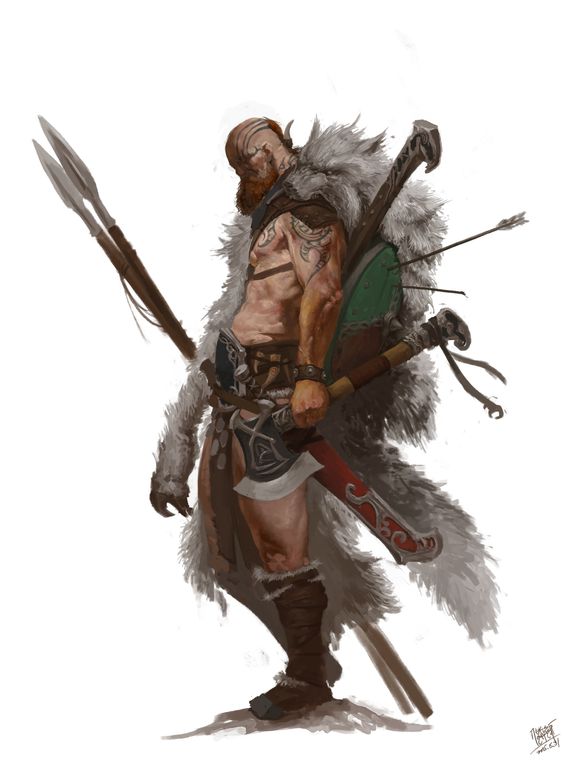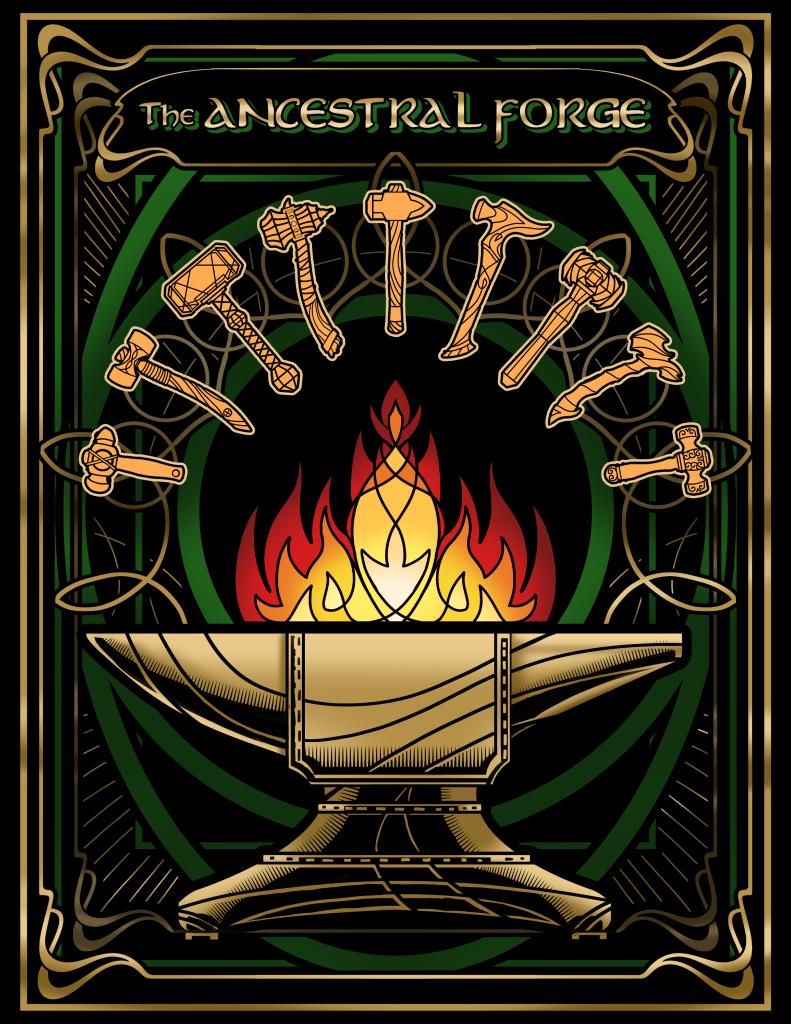D&D 5e: Power in the Blood: A Guide to the Drow High Magic Feat
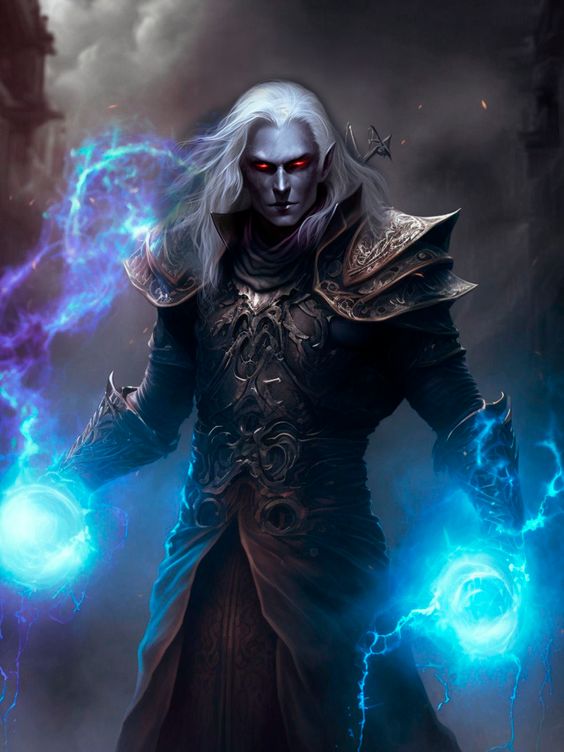
D&D 5e: Power in the Blood: A Guide to the Drow High Magic Feat
SOURCE: Xanathar’s Guide to Everything
Rating the Benefits of Drow High Magic
Benefit #1 –
Learn Detect Magic. It can be cast at will
Detect Magic is a staple information tool in a lot of parties. You get to cast it for free, as many times per day as possible.
Benefit #2 –
Learn Levitate and Dispel Magic. These spells can be cast once for free. Charisma is the casting stat for all the spells granted by this feat.
Two spells, both useful, both surprisingly high level for a casting feat like this. Dispel Magic especially is strong, and can be effectively cast be almost every class in the game and still prove useful.
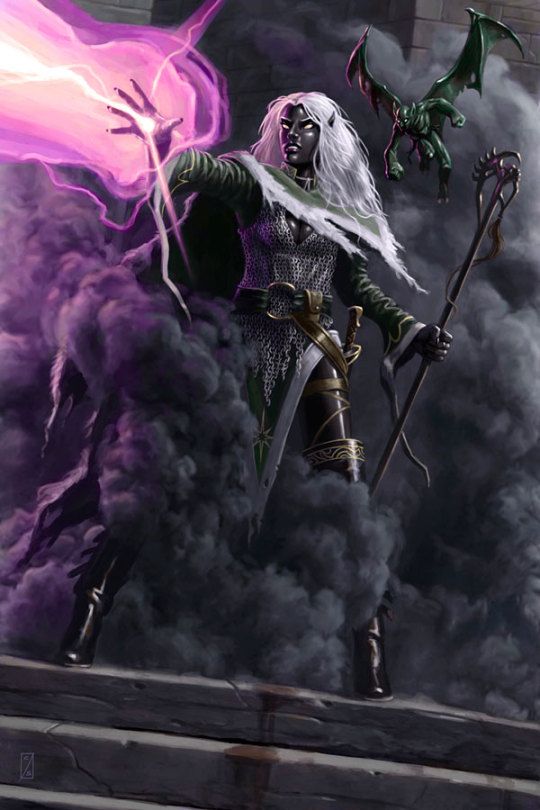
Mechanics and Requirements
Understanding How It Functions
The Drow High Magic feat grants the character who takes it three spells known, with varying casting conditions. Here’s what you need to know:
Detect Magic
1st level spell – Unlimited daily castings.
Spell list availability: Artificer, Bard, Cleric, Druid, Paladin, Ranger, Sorcerer, Wizard
Detect Magic allows a character to detect all magic within 30ft of them. The spell doesn’t specify exactly how this works, so it’s down to character and GM interpretation. We’d assume sight as fair game, considering that a character with the spell up can spend an action to focus on any detected magic, and see it as a physical aura around whichever item or creature is magical, as well as learn which spell school that magic is from.
How might a character use this? Detect Magic is already a ritual, allowing characters to cast it without expending a spell slot, if they spend 10 minutes. It’s common for parties to scan rooms, or even entire dungeons, with Detect Magic, once the coast is clear.
But for a Drow that has the Drow High Magic feat, there is literally no excuse to never have Detect Magic up, unless it’s vitally important that they concentrate on something else, for example in combat.
Walking through the dungeon? Keep the spell cast at all times. If something magical enters a 30ft boundary around you, you know. Step into a new room? You detect everything magical inside. Meeting a guild contact in a tavern? Why do the three men on the table behind him all have magical daggers in their belts? The uses, and information-gathering potential, are incredible.
Levitate
2nd level spell – 1 cast per day
Spell list availability: Artificer, Sorcerer, Wizard
Typically only available to Arcane casters, Levitate feels simple but has a surprising amount of uses hidden behind that straightforward facade.
The spell moves a creature or object, which can weigh up to 500lbs, up to 20ft straight upwards. It requires concentration and can last up to 10 minutes.
So far, so simple, right? Where’s the complication?
First off, targets. Levitate can be cast on willing or unwilling creatures. An ally might use levitate to float upwards, grabbing hold of a far balcony and hauling themselves up. The spell specifically calls out the fact that a character levitating next to a wall can use that to move themselves sideways, as well as up and down.
That’s already great, but a character might also choose to levitate to keep themselves away from hazards. Hazards like enemies. That pack of wolves might not be able to reach 20ft into the air, from where the caster can now freely pick them off. Lake of acid? Float 20ft above it. Vital item dropped into a well? Objects are a valid target. It floats happily upwards into your hand.
But the important thing to note here is that hostile creatures are valid targets, which turns Levitate into an effective (and hilarious) combat spell. Yes, it targets Con, but one failed save is all it takes for the big, scary enemy warrior in full plate to float merrily up to the ceiling, bobbing there impotently like a big metal balloon.
Even better, once the spell lands, there is no way to disable it save dropping concentration. Did that Dire Wolf forget to pack its bow and arrow this morning? Too bad. Now it floats for up to ten minutes, or until you decide to let it down.
While it might not be used every day, Levitate is flexible, versatile, and fun. It’s a great addition to the feat and one that many casters are going to appreciate having on hand.
Dispel Magic
3rd level spell – 1 cast per day.
Spell list availability: Artificer, Bard, Cleric, Druid, Paladin, Sorcerer, Warlock, Wizard
The real power in the Drow High Magic feat comes from Dispel Magic.
For a third-level spell, it just does so much. When cast, you pick a target within a generous 120ft range. Any spells of third level or below on that target just end. No check. No save. Nada. Did you have Mage Armor and Blur up? Shame if something happened to them, and they just … disappeared without warning.
For spells with a level greater than 3, the caster makes a spellcasting check, using their casting mod, against a DC of 10 + the spell’s level. Succeeding on this check ends that spell.
Did we mention that Dispel Magic hits every spell the target is currently under, and has no upper level limit? Yes, your single free daily casting of Dispel Magic can potentially strip a level 9 spell from the target. Which is at the same time both silly and incredible.
It’s also worth pointing out that allies are fair targets for Dispel Magic, and it can be used to dispel hostile effects. So a party member failing their save against Hold Person? Doesn’t matter. Dispelled. Gone. Poof.
This isn’t a spell that’s going to be used every single encounter or even every day. But when you need it, you need it bad, and having a free cast on hand is incredible.
Key Stats
The spells granted by Drow High Magic use Charisma as their casting stat. A character using this feat,
Ideal Characters for Drow High Magic
Top Classes
Warlock – The Warlock as a class suffers with both spells known and casting slots per day. The racial magic of the Drow goes a long way toward fixing this.
The class already has access to unlimited Detect Magic as an Invocation, but trading a feat for it is worthwhile, especially considering there’s already a feat for this. Dispel Magic is a great pickup, especially considering the class doesn’t normally have spell slots to trade in a magical duel, and Levitate isn’t even on the spell list.
In terms of subclasses, every single one is good. Spellcasting subclasses appreciate having utility on hand without eating into limited resources, and the Hexblade can now spend their resources more aggressively, knowing they have a backup for out of combat challenges.
Sorcerer – While Sorcerers aren’t as spell-starved as Warlocks, the class does suffer in spells known, with a surprisingly limited spell list, especially in the mid-levels of the game.
Access to several utility spells, things that might only be cast once per day, takes a lot of the weight from spell selection, leaving the Sorcerer free to choose things that they’re actually going to cast.
If you’re wondering, yes, racial spells like the ones granted by this feat can be modified by Metamagic. It might not come up often, but if it does, for example, a Subtle Detect magic or Twinned Levitate, that’s good to know.
Bard – Looking for a Charisma caster with utility spells, magical secrets, and the ability to infuriate people by disabling their magic? Sign me up!
The Bard already has Detect and Dispel Magic in their spell list, (though not Levitate) but has surprisingly limited spells known. As a class with heavy out-of-combat potential, constant, at-will Detect Magic is perfect for what you want to do, and the Bard is also uniquely good at Dispelling hostile spells (the Bard’s Jack Of All Trades bonus works on a Dispel check.)
The College of Lore works perfectly with this feat, destroying an enemy’s ability to make saves and ability checks, and now they can’t even cast spells.
Paladin – None of the spells granted by this feat are directly useful to the Paladin’s main role, which is close combat beat stick. But a good chunk of every game can’t be solved by stabbing it.
Many Paladin subclasses are built around magic or anti-magic. Oath of the Ancients in particular gives every ally within aura range resistance against spells. Adding constant Detect Magic, plus a pocket Dispel, is perfect for a Mage Hunter.
Now you just have to deal with playing a melee character that has sunlight sensitivity.
Race or Subrace Choices
The only race that can take the Drow High Magic feat is the Drow, or Dark Elf, Elven racial subclass.
However, we’d see no problem with a Half-Elf taking the feat, as long as they’ve first taken the Dark-Elf heritage, which gives the character Drow racial spellcasting, which is an obvious precursor to this feat both mechanically and in terms of flavor.
Combos, Tactics, and Synergies
Complementary Feats
More Magic Feats – Magic Initiate, Shadow Touched, and Fey Touched, all are great supplements to this feat, adding more free daily spells and spells known to the character.
Strixhaven Initiate – Strixhaven’s magical feat has its own place here for three major reasons. One, huge spell variety. Two, a choice of casting stat, so you can pick Charisma. Three, it’s available as part of a Background.
Elven Accuracy – Another Elven racial feat. For combat characters, especially those leaning into Dex-based Elven racial weapons, Elven Accuracy is incredibly powerful.
Spells that Synergize
Drow High Magic anti-synergizes with spells, considering most of its power comes in finding magic, and then disabling it.
Strategies for Maximizing Drow High Magic Effectiveness
Drow Racial Magic
The Drow lineage already grants three spells, before factoring in this feat:
- Dancing Lights – Cantrip. Infinite daily casts. While it’s not the most useful spell, Dancing Lights is fun and flavorful and can be used in interesting ways with a creative party and permissive GM.
- Faerie Fire – Available from level 3, one cast per day. If it sticks, the advantage granted to the entire party from Faerie Fire can shift the tempo of an entire encounter. The incidental bonuses against Invisible enemies are also cute, but unlikely to be too relevant in most campaigns.
- Darkness – From level 5, one cast per day. While Drow have no innate way of seeing through their own Darkness unless they’re a Warlock, locking down a 30ft sphere with impenetrable, unseeable blackness can prevent enemy ranged attacks, split encounters in half, and more.
So, between this and the feat, a Drow gains a cantrip with infinite casts, a level 1 spell with infinite casts, then daily casts of a 1st level, two 2nd level, and a 3rd level spell. That is, frankly, a massive amount of magical might to bolt onto any class chassis, no matter where you’re starting.
Can you recast the spells granted by Drow High Magic with spell slots?
The Drow High Magic feat doesn’t directly specify whether a character can recast the spells granted by the feat, but we’d lean towards yes, they can.
There are multiple reasons why: Since Tasha’s Cauldron of Everything, magical feats like Fey Touched and Strixhaven Initiate have allowed a character to cast spells learned through feats with their existing spell slots.
There’s also an argument for the language of the spell, which specifies “the character learns the spells,” which is the specific language used when a spellcaster gains new spells known.
The spell also doesn’t specify that the character cannot recast the spells, which is important, as the Magic Initiate feat specifically says “You cannot cast the spell again until you finish a long rest” while Drow High Magic says “You cannot cast it in this way until you take a long rest” (Emphasis ours.)
Either way, most classes with spell slots, who might be interested in how this works, already have half the spells in their spell lists. It’s hardly going to break the game. But as always, please talk to your DM before assuming anything.
Final Thoughts on Drow High Magic
Drow High Magic is a weird feat to rate. It’s undeniably powerful, especially when it’s paired with what Drow already do, but a lot of that power is sequestered off into choices that, at first glance, feel niche and oddly specific.
It’s when it’s considered alongside what else the character gets that the feat comes into its own. Between existing spells and this feat, a character could cast half a dozen spells a day, dealing with a full spectrum of magical problems, before even getting into whatever the hell your class provides.
Even the single casting of Dispel Magic is a compelling reason to take the feat. Adding everything else on top makes Drow High Magic an easy yes.



